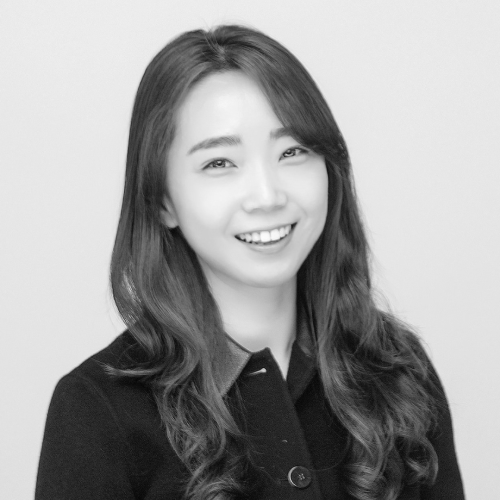Postdoctoral Research Associate Hyanghee Park was selected to participate in the 2025 Rising Stars in EECS Workshop hosted by MIT and Boston University on October 30–31. The intensive, two-day workshop supports women graduate students, postdocs, and recent PhDs pursuing academic careers in electrical engineering, computer science, and related fields. Admission into the program is highly competitive—less than a quarter of applicants were selected for the 2025 program. At the workshop, participants present their research, engage in scientific discussions, and connect with faculty in their fields.
Park's work delves into the adoption challenges of AI and metaverse workspaces in both enterprises and societal contexts. At the Rising Stars workshop, she presented her findings from two, high-stakes AI use cases: AI in work performance evaluations, and a conversational agent for documenting and reporting sexual assault survivors' cases.
"My work seeks to uncover the root causes of AI adoption issues in workplaces through multi-level, human-centered approaches and diverse methods, including interviews, field observations, participatory design, and anonymous employee review analysis," said Park. "Ultimately, my research aims to generate sociotechnical and macroscopic insights that support the design of ethical, responsible AI systems that meaningfully enhance their utility in society."
Park holds a PhD in communication with a specialization in HCI from Seoul National University and was a visiting researcher at Carnegie Mellon University. Her honors include a top 10 percent Global PhD Fellowship from the National Research Foundation of Korea, AI Young Researcher Award by the Youlchon Foundation-AI Institute SNU (AIIS), ACM Gary Marsden Award, Google Conference Travel Awards, and Best Paper Honorable Mention Award and Doctoral Consortium Participant Award at the 2024 Conference on Human Factors in Computing Systems (CHI).
"I'm deeply honored to be named a Rising Star in EECS, especially as someone with a social science background trained outside the US and the only South Korean scholar in the 2025 cohort. This recognition highlights how my multidisciplinary grounding in social sciences and HCI positions me to contribute uniquely to the pressing challenges emerging from rapid AI adoption," she said. "I would like to give special thanks to my mentor, Yun Huang, as well as my new academic home and community at the iSchool at the University of Illinois for their tremendous support and excellent research environment."
